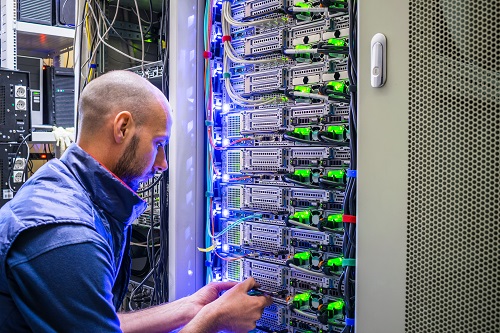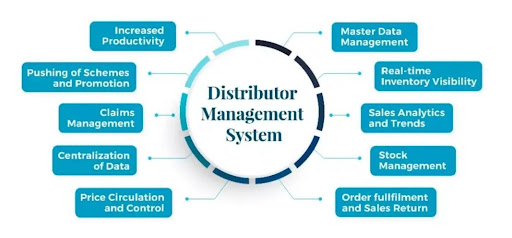Internet connectivity is the lifeline for modern businesses. The marketplace has shifted to the online space. For you to market your products and services to online customers, you need to be connected to the internet with a reliable internet connection. Apart from connecting with your customers online, your workers need to collaborate as they work on projects remotely, which is easily accomplished with a good internet connection.
Nowadays, there are many internet service providers (ISPs), such as NBN, that you can seek for your remote businesses so you can be connected to the internet. However, not all ISPs have the capability to give you quality internet services. You need to research to know which ISP you should use for your business needs. You may also need IP telephony within your organization, which is better than using airtime phone calls.
This article highlights some of the considerations that you should make when you’re shopping for an ISP.
Evaluate Speed, Reliability, And Access
The ISP that you use, whether local, regional, or national, should have access to the local numbers so your remote businesses can be connected to the Internet without having to pay long-distance charges. Assuming that you’re on transit and you have to connect to the Internet, you need an ISP that has ‘points of presence’ beyond your local calling area.
You cannot afford to ignore evaluating the speed, too. You need to have a speed that allows you to download files and web pages quickly to boost your business processes. Almost all ISPs can provide 56k modems though not all have the necessary technology to give you broadband connectivity, such as ISDL, cable modems, and DSL. You may not be requiring high-speed internet at the start, but wisdom instructs that your needs may change in the future. So, investing in an ISP with a fast internet connection technology may be an excellent idea.
Reliability, which is the percentage of time that your ISP can keep your remote businesses up and running, is also crucial. Enquire from potential internet providers to offer you a written agreement for the contract detailing a course of action in case they fail to honor their part of the bargain. In case one point of internet access fails, do they have alternative routes to keep your remote businesses running? Do they have regular backups for Web servers and emails, and are they housed away from the site? These are critical issues especially if you have an eCommerce business.
Check The Type Of Internet Connections Available
Internet technologies have improved with miles and strides. You have many options available, but you need to be aware of the limitations. Not all types of connections might be available for your remote businesses.
Here are common Internet services:
- Cable: This is most common with many businesses and is given by a local cable company. Cable reaches many areas and may not be available where your businesses are located. If available, they offer good speed and are reliable.
- Digital Subscriber Line (DSL): Provided by telecommunication companies and has speed limitations.
- Fiber Optics: This is a very fast internet connectivity service with speeds of up to 1 Gbps. Also, they have no signal loss and it’s hard to tap information.
Though fiber optics is reliable and fast, it may not be available in most remote areas as they require high-end specialized equipment for installation. Additionally, it’s expensive compared to other internet connection services.
- Satellite: Instead of cable connection or wireless towers, this type of service only needs a satellite dish to bounce internet signals. It’s mostly used in rural areas, though it can be slow with speeds of up to 3 Mbps.
- Fixed Wireless: Uses radio signals that are transmitted by a cell phone-like device. They have a relatively good speed but they’re highly affected by environmental objects, such as buildings and trees, which may distort the signals.
- Telephone Dialup: This is an extremely slow and very old technology. This might not be a viable option for your remote businesses.

Customer Support
Don’t overlook the importance of an ISP that can give you 24/7 tech support. Any downtime may mean a loss of revenues for your remote businesses. The ISP should be able to provide a telephone contact for you to reach them in case of any challenge.
Also, check if they have live chat assistance or an automated chat service around the clock with readily available on-side technicians to solve any connection challenges.
Bottom Line
Getting the right internet service provider may mean the success of your remote businesses. Thus, ensure that you’re able to get high-speed and reliable internet, and readily available technical support from your ISP.
In case you get one that doesn’t meet your business needs contrary to their promise, you may need to get another ISP so you don’t have to jeopardize your business processes.




